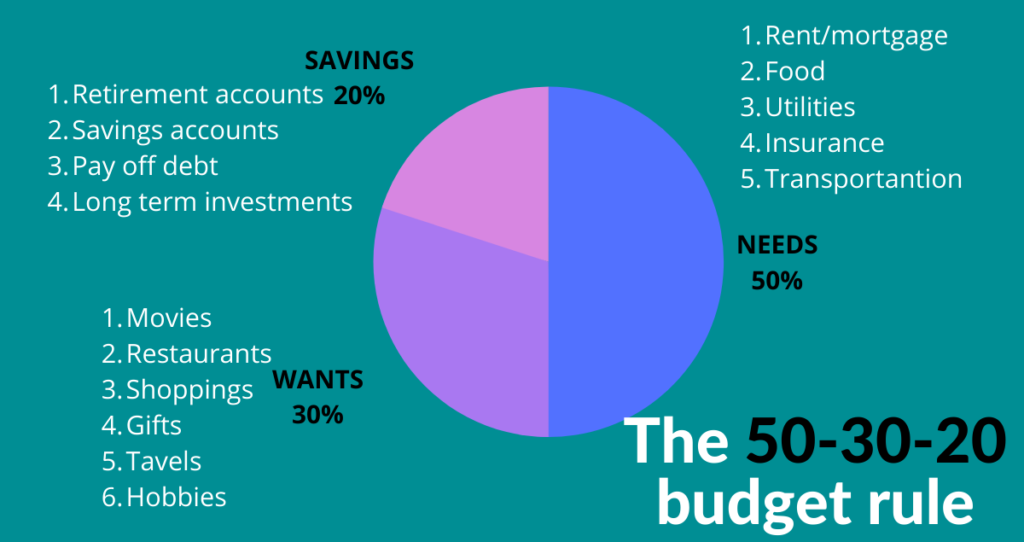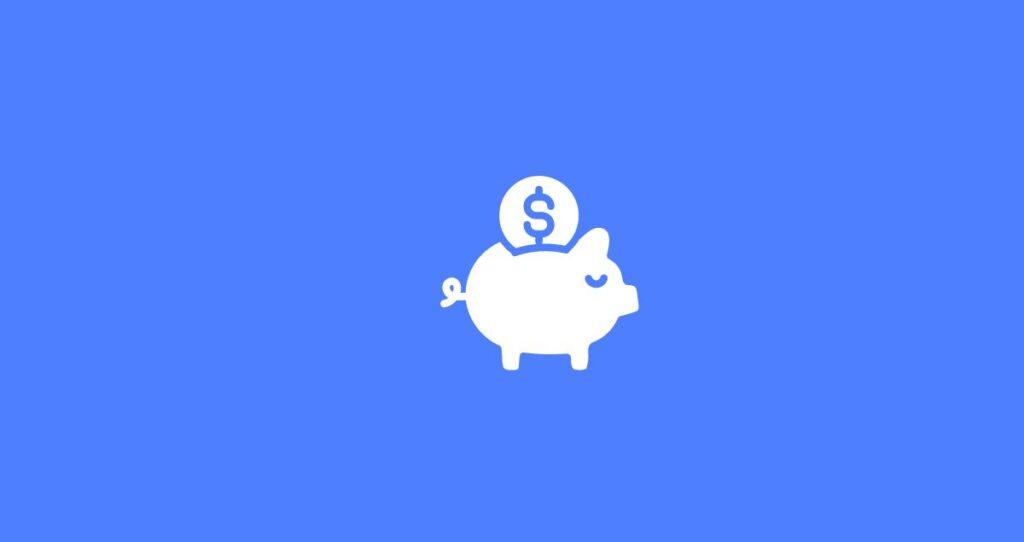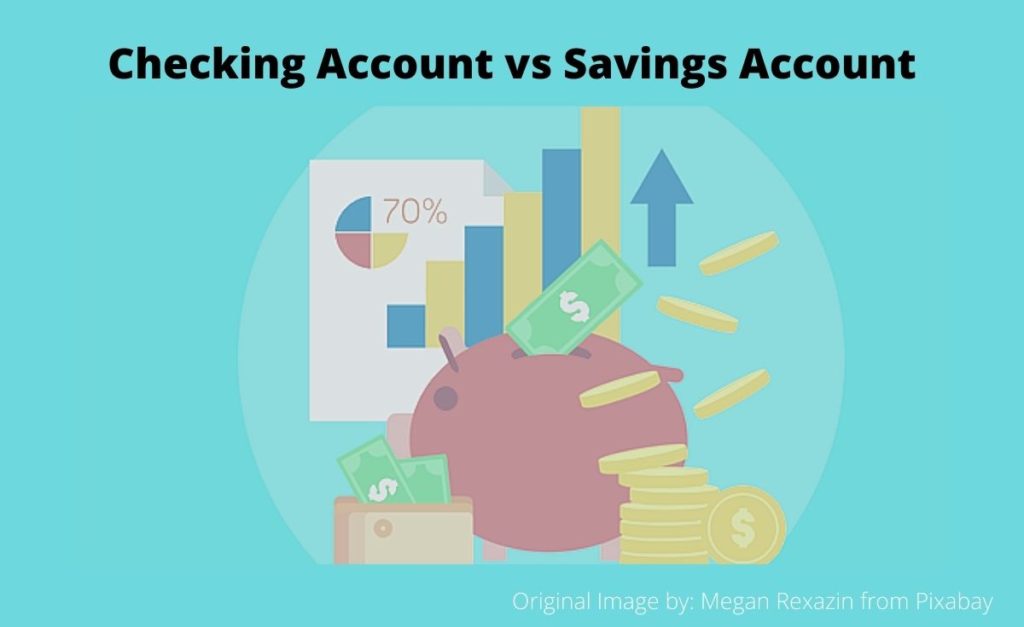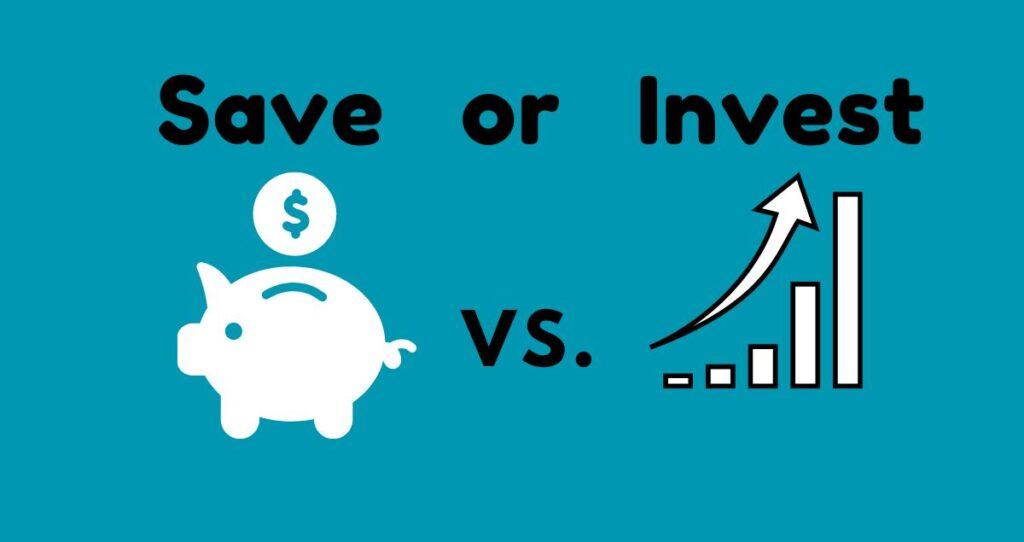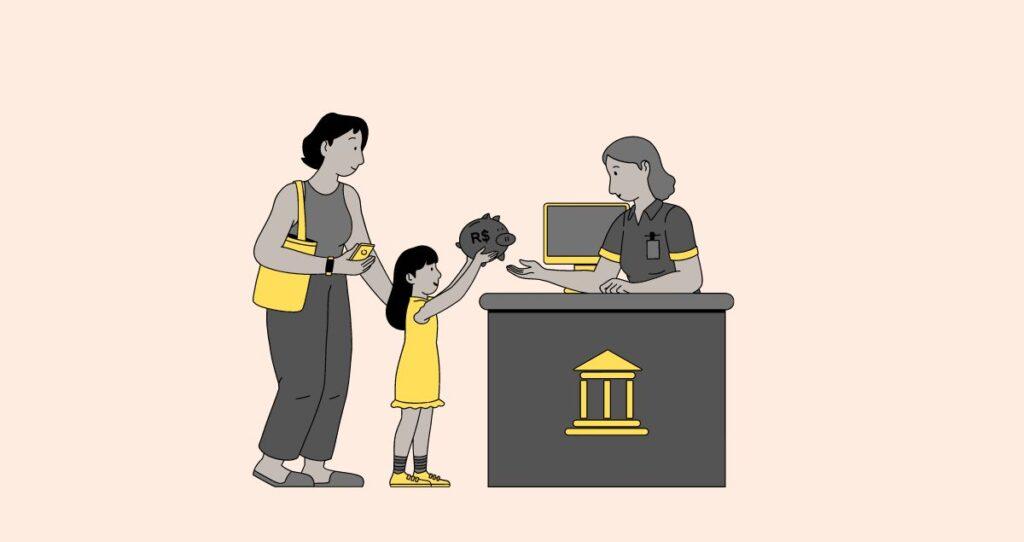According to a recent report from the Pew Research Center, approximately 54% of Americans are familiar with personal finance and how to manage their money effectively. In comparison, 33% have some knowledge, and 13% know nothing at all. The lack of financial literacy leads to poor money habits, debt accumulation, insufficient savings, and risky investment decisions. Are you one of the people who have little to no knowledge of how to budget money and improve their savings? If you do, this post contains the best tips to budget your monthly paycheck effectively, allowing you to manage your money and avoid overspending.
Budgeting your paycheck every month is essential for achieving financial stability and reaching your savings goals. By managing your money wisely, you can cover your needs, have extra cash to buy your wants, and still save money to invest in your future and plan for retirement.
Here’s a breakdown of actionable tips to help you budget your paycheck monthly.
1. Prioritize essential expenses first
While you may want to buy expensive electronics, drive a new car, and wear designer clothes, it is crucial to prioritize essential expenses when budgeting your paycheck monthly. Essential expenses include those you cannot live without. For example, food, shelter, and safety are essential human needs for survival. For this reason, you should prioritize these expenses when budgeting your monthly finances.
Never spend your monthly paycheck on things you want, such as clothes or random shopping, before all your essentials are fully paid off.
Here are some tips to help you identify essential needs and allocate your budget accordingly.
- Categorize your expenses into needs, wants, and savings.
- Calculate how much you will spend on needs such as rent, groceries, insurance, gas, utilities, etc.
- Begin by allocating funds for essential expenses and ensure they are paid off before you pay for anything else.
2. Use a budgeting method
To effectively manage your finances, it is helpful to have a budgeting strategy, especially if you are living paycheck to paycheck or have never budgeted before.
What if you don’t earn enough money every month or struggle with overspending? How can you budget your paycheck? In this case, you need a budgeting strategy.
Over the years, I learned that a beginner-friendly budgeting strategy is the 50-30-20 budget rule. This budget rule is simple and easy to apply, even if you have never created a budget before. To use it, you categorize your expenses into needs, wants, and savings. Then, you allocate 50% of your paycheck to cover needs, 30% to cover wants, and 20% for savings.
That is;
- 50% of your paycheck covers essential expenses, such as groceries, insurance, rent or mortgage, utilities, debt payments, and more.
- 30% of your monthly paycheck covers wants, such as entertainment, subscriptions, and gym memberships.
- 20% of your monthly paycheck is allocated for savings, including retirement savings, long-term savings, and down payment savings.
Alternatively, consider zero-based budgeting, where every dollar of your paycheck is allocated to a specific expense. This monthly budgeting strategy is similar to the 50-30-20 budget rule, but it ensures that every dollar you earn is allocated toward a specific expense.
Learn more about the 50-30-20 budget rule.
3. Track fixed and variable expenses
When budgeting your money each month, keep a close eye on both fixed expenses and variable expenses. Fixed expenses are those that remain constant from month to month, such as rent, car payments, and mortgage payments.
Variable expenses, on the other hand, change from month to month. These expenses include groceries, entertainment, dining out, travel, and other miscellaneous items.
If you are not careful with variable expenses, they can easily lead to overspending. That is why it is always a good idea to determine how much you want to spend on variable expenses and only keep the ones that fall within your budget.
Here are tips to cover variable and fixed expenses.
- Identify fixed expenses, such as rent and car payments, which remain consistent from month to month, and allocate a portion of your paycheck to cover them.
- Keep an eye on variable expenses, such as dining out or entertainment, which can fluctuate. Set aside a specific amount in your budget to cover these expenses. Once that amount is depleted, then you are done for the month.
4. Save before you spend
Warren Buffett once said, “Do not save what is left after spending, but spend what is left after saving.”
I consider this quote to be one of the most effective secrets to building wealth and taking control of your finances. Most people who struggle financially are typically those who do not follow this money-saving strategy. That is, they spend and try to save what is left, and there is usually nothing left.
So, how do you save first and spend later? Like I mentioned in the 50-30-20 budget rule, you must allocate 20% of your monthly paycheck toward savings. Savings refer to the money you retain that is not spent. Savings also include the money you save in your 401(k) plan, IRA, brokerage account, or savings accounts, as well as your investments.
To stay disciplined with your savings strategy, follow these money budgeting tips.
- Treat savings as a mandatory “expense” by setting aside a percentage of your paycheck immediately after payday. Typically, you need to allocate at least 20% of your monthly paycheck toward savings. Therefore, consider this savings percentage as an expense and allocate the money accordingly in each of your savings accounts.
- Automate transfers to your savings account to make saving effortless. This tip to budget money every month also prevents you from spending all your funds before your savings needs are met.
5. Set spending limits
Another effective strategy to budget money every month is to set up spending limits. Spending limits are essential, especially when trying to save money for a large purchase, such as a house down payment, or when aiming to improve your money-saving habits. For example, if you are struggling financially due to excessive spending, setting a spending limit can help you save more money by controlling your spending.
You can also try a non-spend challenge where you decide not to spend money beyond what is budgeted for in a particular time frame, such as a month. I have written about other money-saving challenges you can try. Here is a list of 21 best money-saving challenges to help you budget money every month.
Your spending limits might not include fixed expenses, as these expenses cannot be minimized unless you move or adjust your living conditions. For example, if you are currently paying $1,200 for rent, you cannot pay less unless you move to a cheaper place after your lease ends.
Here are tips to establish a spending limit to budget your monthly paycheck.
- Create caps for discretionary spending, like shopping or dining out, using apps, envelopes, or digital tools. For example, you can decide not to spend more than $200 monthly.
- Stick to these limits to avoid overspending, which is the most common mistake people make when budgeting their money.
- Once the spending limits are reached, wait until the following month to start over.
6. Plan for irregular costs
Going over budget is a common budgeting mistake that you might encounter from time to time. This typically occurs during seasonal months when expenses are expected to rise. For example, during holidays, birthdays, and the Christmas season, most people tend to overspend.
To avoid overspending during these months, plan for these expenses in advance. I call these expenses irregular expenses as they don’t follow your everyday budgeting routines.
Start saving for these expenses in advance. For example, if you anticipate spending about $800 on Christmas shopping, start saving the money in a separate savings account several months in advance. This will allow you to have the money you need when Christmas comes.
Here are some practical tips to help you budget money and save for irregular expenses.
- Anticipate seasonal expenses, such as holidays, birthdays, or annual premiums, and set aside funds for them in advance.
- Consider creating a sinking fund to manage these costs effectively.
7. Review and adjust your budgeting strategies monthly
The final tip for budgeting your paycheck monthly is to review your budget and adjust your budgeting strategies. Over time, your financial conditions will change, and therefore, you must adjust your budget accordingly.
For example, you might decide to cancel an expensive monthly subscription to save more money. Alternatively, you could decide to move to a more affordable apartment to save more money for your upcoming travel goals. Due to these changes, you need to review your budget and make adjustments to reflect changes in your living conditions and financial goals.
At the end of each month, review your spending habits and assess your progress toward your financial goals. If nothing has changed and you don’t need to make adjustments, then stick with your current budget. If changes are needed, ensure that these changes are reflected in your budget.
You should also remember that changes in your financial situation do not necessarily mean you need to change your spending habits. For example, getting a 10% raise at your work is not an excuse to increase your monthly expenses. Always maintain the same living standards, even if your income increases. This frugal living tip will enable you to save and invest more, which is crucial for building wealth quickly.

